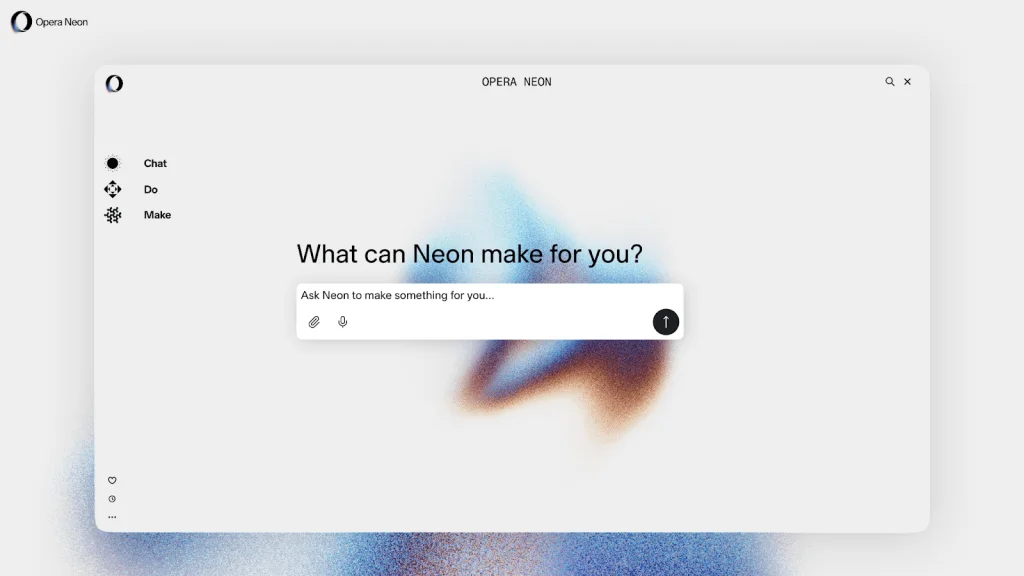
AI Browser Wars Heat Up: Opera, OpenAI, and the Future of Web Navigation
The internet as we know it is facing a potential paradigm shift, and the battleground? Web browsers. While some might argue that the traditional web is fading, a surprising number of companies are investing heavily in new browser technologies, signaling a potential third browser war. But this time, the fight isn't about speed or compatibility – it's about artificial intelligence.
Leading the charge are companies like Opera, OpenAI, and The Browser Company, each reimagining the browser as an AI-powered agent capable of more than just displaying webpages. Opera recently unveiled Neon, a "fully agentic browser" with an integrated AI that can chat with users and even surf the web on their behalf. According to Opera, Neon parses webpages by analyzing their layout data. It is much faster and more efficient at navigating the internet on its own due to this. This new browser can complete tasks, fill out forms, and handle travel bookings automatically. The more you use Neon to write, the more it will learn your personal style and adapt to it. All of this happens locally, in order to ensure user data remains private.

The Browser Company is also working on a new browser and plans to open source its Arc browser. Josh Miller, the Browser Company's CEO, envisions a future where webpages become "tool calls with AI chat interfaces," turning the browser into a dynamic AI assistant.
OpenAI, the company behind ChatGPT, is reportedly developing its own browser, signaling the importance of this new frontier. Even Google, whose Chrome browser dominates the market, is feeling the heat. The US government is attempting to force Google to divest Chrome as a remedy to the company's search monopoly, potentially opening up space for competitors.
This isn't the first browser war. The first saw Microsoft's Internet Explorer defeat Netscape Navigator, while the second brought Mozilla's Firefox and Google's Chrome to prominence. However, the introduction of AI presents entirely new possibilities. As Opera senior AI product director Henrik Lexow puts it, "We’re at a point where AI can fundamentally change the way we use the internet and perform all sorts of tasks in the browser."
But what exactly will these AI browsers do? Imagine a browser that functions as a research assistant, exploring topics and tracking developments automatically. Or one that manages your todo list and completes tasks while you're away. Or even a companion that identifies factual errors and suggests further reading as you browse.
The implications are significant. The web's current structure relies on the assumption that webpages are viewed by people. But what happens when AI agents take over? How will this affect journalism, e-commerce, and other online industries? The move may be an exciting opportunity for the browser warriors, there still feels mostly like a problem to everyone else.

Will these AI-powered browsers succeed? Switching browsers is notoriously difficult, and Google will undoubtedly attempt to replicate successful features in Chrome. Only time will tell if they will succeed or not.
What features do you want to see in an AI-powered browser? Let us know your thoughts in the comments below!